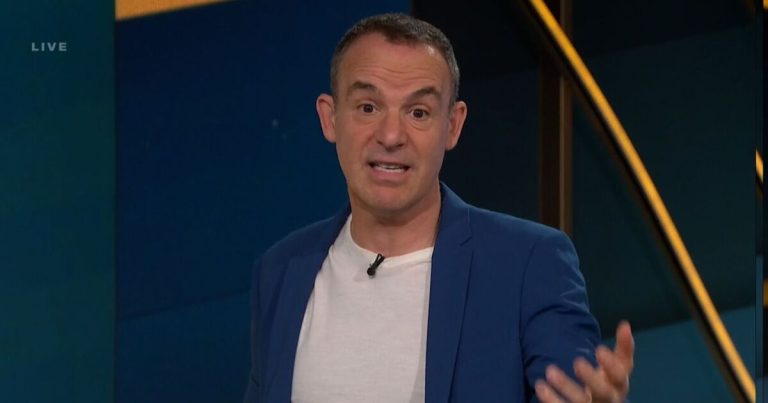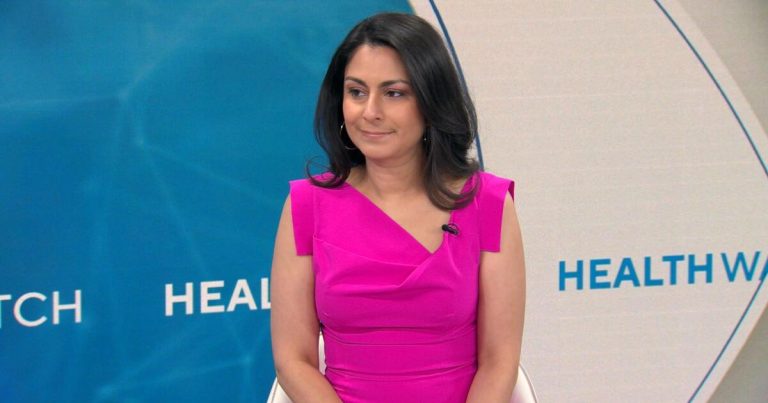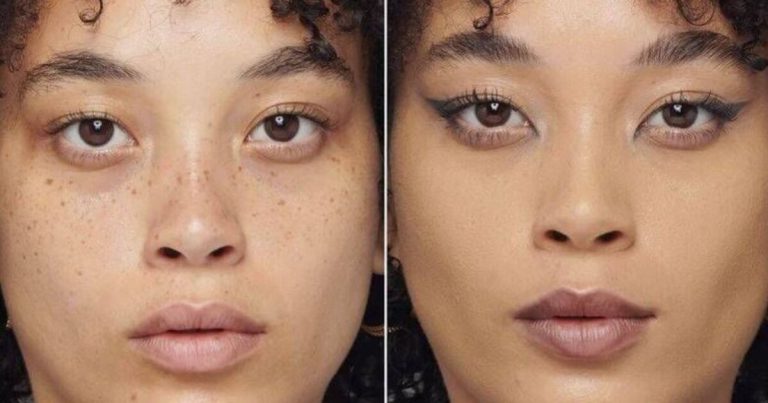
Many savers could be inadvertently handing over part of their savings to the taxman while an astonishing £300 billion lies dormant in accounts that are not earning interest, effectively lowering the value in these pots due to inflation.
Rachel Springall, Finance Expert at Moneyfacts, said: “Now is the time for savers to ensure they are taking full advantage of their ISA allowances and providers have been working hard to inject some healthy competition to entice deposits.”
This alert comes midst claims that Rachel Reeves is facing pressure to reduce tax reliefs on Individual Savings Accounts (ISAs). This has put an increased urgency for some savers this ISA season, concerned it might be their last chance to benefit from these tax-free vehicles.
ISAs allow individuals to save up to £20,000 annually in cash or stocks and shares without worrying about tax on the interest earned but with the financial year ending on April 5, time is limited to utilise this tax-free benefit.
The period leading up to the April cut-off, known as ‘ISA season’, sees many maximising their contributions. This strategy is understandable as ISA rates have remained attractive for the past year.
Moneyfacts noted there is a “record-breaking” array of options, particularly for Cash ISA savers, and Rachel added: “Cash ISAs are therefore a salvation for savers and will be sought-after both for this tax-year and for the future.”
With many experts urging people to maximise their ISA contributions before the end of the financial year, Rachel’s concerns are slightly different: “Whichever account savers choose, it’s imperative they review their pots as, worryingly, £300bn is sitting in UK current or savings accounts earning no interest whatsoever, according to the Bank of England.”
This situation is particularly alarming given that rising inflation is likely eroding the value of funds in these dormant accounts, effectively diminishing the real value of people’s savings.
Recent findings from Shepherds Friendly indicate that although UK savers typically set aside about £421 each month, a quarter of those with ISAs do not make any contributions, thus squandering the tax advantages, especially for higher earners.
This oversight could even result in financial losses, as individuals in the additional tax bracket, who earn over £125,140 annually, cannot earn any interest from standard savings accounts without incurring tax liabilities.
Those earning above £50,270 are limited to £500 of interest per year tax-free from regular accounts, while earners below this threshold can receive up to £1,000 tax-free.







